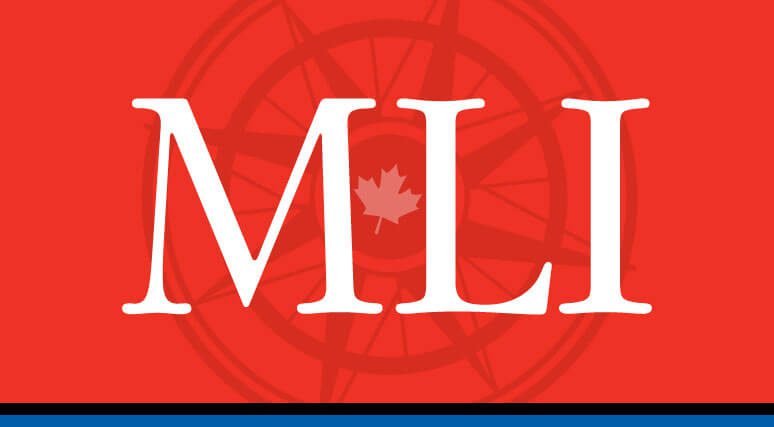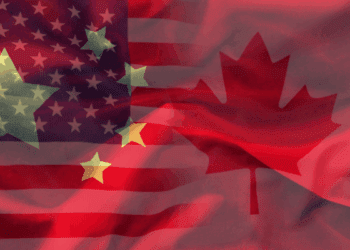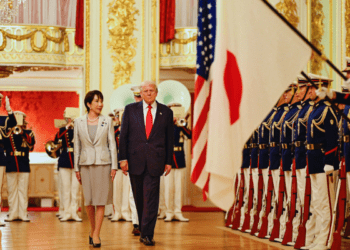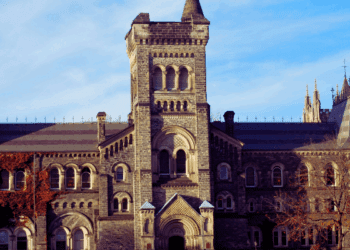 OTTAWA, ON (September 25, 2020): The Macdonald-Laurier Institute has been made aware of criticism regarding “Khalistan: A Project of Pakistan,” a recent MLI report authored by veteran journalist, Terry Milewski. This criticism is largely captured in the form of “an open letter from Sikh scholars” which demanded a retraction of the report.
OTTAWA, ON (September 25, 2020): The Macdonald-Laurier Institute has been made aware of criticism regarding “Khalistan: A Project of Pakistan,” a recent MLI report authored by veteran journalist, Terry Milewski. This criticism is largely captured in the form of “an open letter from Sikh scholars” which demanded a retraction of the report.
In a multicultural democracy, navigating claims to representation deserves reflection. Across Canada, there are vibrant ethnic and religious communities that claim authority to speak on behalf of others. There exists a diversity of views on a range of important topics, and we must keep that in mind when individuals or organizations speak on behalf of entire communities. In the context of Khalistani extremism, we have seen a diversity of viewpoints from a range of individuals, including from within the Sikh community.
While we welcome reasonable debate of the issues raised by the Institute’s work, we strongly reject the assertions in the open letter and the accompanying campaign attempting to silence the Institute. We stand by Mr. Milewski’s report.
The open letter makes a number of misleading statements, mischaracterizations, and mistakes regarding Mr. Milewski’s report which we feel compelled to respond to.
The authors of the letter incorrectly state that the report “casts wide aspersions on a highly visible, racialized community,” arguing that the report somehow criticizes or marginalizes the Sikh community or Sikh political activism. This is simply false; the paper in no way maligns or criticizes Sikhs or Sikhism as a community or religion. It instead criticizes pro-Khalistani extremism, detailing how such extremism is catalyzed by Pakistan, and rightly rejected by the vast majority of Sikhs.
Just as criticizing Pakistani or other state-sponsored Jihadist terrorism does not constitute an assault on Islam, neither does documenting Pakistani-sponsored Khalistani extremism constitute an attack on Sikhs.
While authors of the open letter make accusations of errors and unsubstantiated reporting, no examples are presented because none can be found. And the authors plainly mischaracterize much of the content of the report, which we would encourage interested people to read rather than relying on the statements in the open letter.
Some examples of erroneous claims made in the open letter include:
- “The report is shockingly un-Canadian in every aspect, from a lack of respect for free speech to a parroting of a foreign, Indian government narrative on Khalistani activism.”
- “Without any critical analysis, the author completely disregards the valid grievances and grassroots advocacy of the Sikh community.”
- “Since when are political grievances of a community, the commemoration of mass atrocities, or the advocacy for human rights and justice, proof of something sinister?”
These are strawman arguments – inaccurate caricatures of what is written in the report.
Milewski’s work offers several critiques of government actions against Sikhs, and contrary to the incorrect assertions of the letter signatories, acknowledges the deeply complex political situation in the region and troubling discrimination which Sikhs have endured in both Punjab and Pakistan. Had the letter signatories read the report, they would note that it explicitly states the following:
- “..a quarter of a million Sikhs, perhaps more, lay among the dead. Today, their elimination from Pakistan is not quite complete but, under the threat of forced conversions, attacks on gurdwaras and worsening discrimination against all religious minorities in Pakistan, fewer than ten thousand Sikhs remain where once there were two million. This, in a country which supposedly stands for their liberation from oppression
- “…let it be said plainly that no Sikh could or should forget the vicious pogroms which took thousands of Sikh lives in 1984.”
- “India has certainly not helped its cause, and may even have helped its critics, by banning the referendum from Indian territory and by criminalizing those who advocate it.”
- “… separatist Sikhs complain loudly and properly about the massacre of several thousand Sikhs by Hindus in 1984…”
It is also incorrect that there are no Canadian interests in the region, and that Canada is “non-aligned” geopolitically. Canada has deep, wide-ranging, vested interests across the Indo-Pacific Region, including standing against extremism and state sponsored terrorism. The War in Afghanistan is only one such example.
The debate over Khalistani extremism is a vital one for the national security of Canada, and to many Canadians – those who lost hundreds of fellow citizens in the 1985 Air India bombing, and those who propagate the concept of Khalistan.
The 2018 CSIS Public Report describes the stakes for Canadian interests most poignantly: “We have an obligation to fully investigate threat activities in Canada directed outside our borders. Within Canada, threat-related activities primarily targeting India and committed by a small number of Canada-based extremists who support violent means to establish an independent state within India have continued, mostly at a low level, since their peak in the mid-1980s. Recently, however, there has been an increase in observed threat activity, wherein Canada is being used as a base to support this view as well as attacks targeting India. These activities constitute a threat to the security of Canada.”
Ultimately, a good-faith reading of the “Khalistan: A Project of Pakistan,” report does not suggest or insinuate what the letter signatories and other critics have come to conclude without evidence, nor have the actual claims made in the report been refuted.
We at MLI firmly believe that free, open, informed, and animated debate is invaluable for advancing public policy in Canada. We reject attempts to bully the Institute or its authors into silence.




